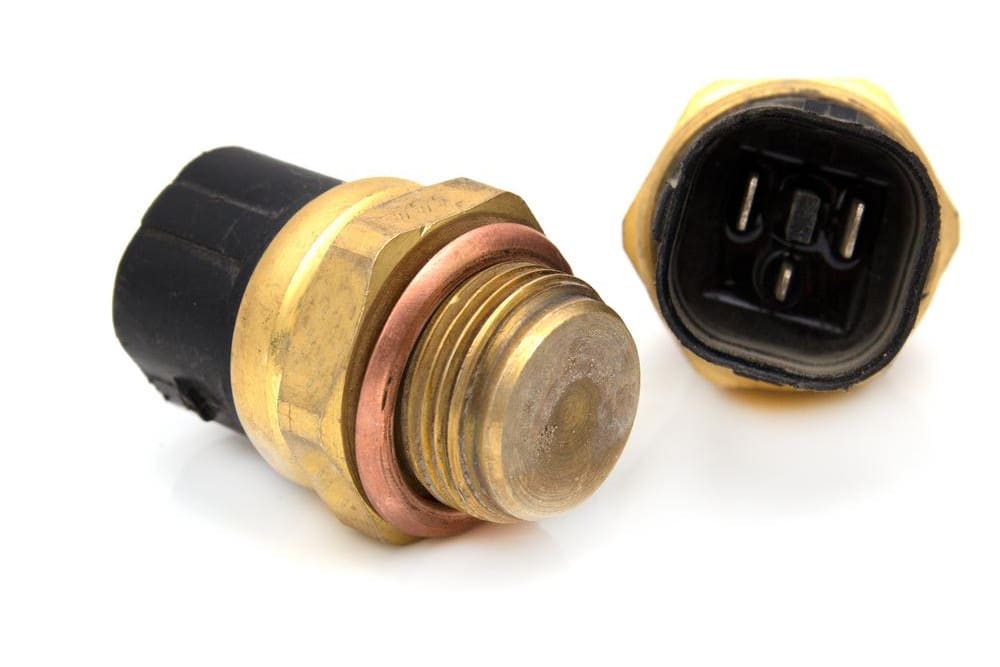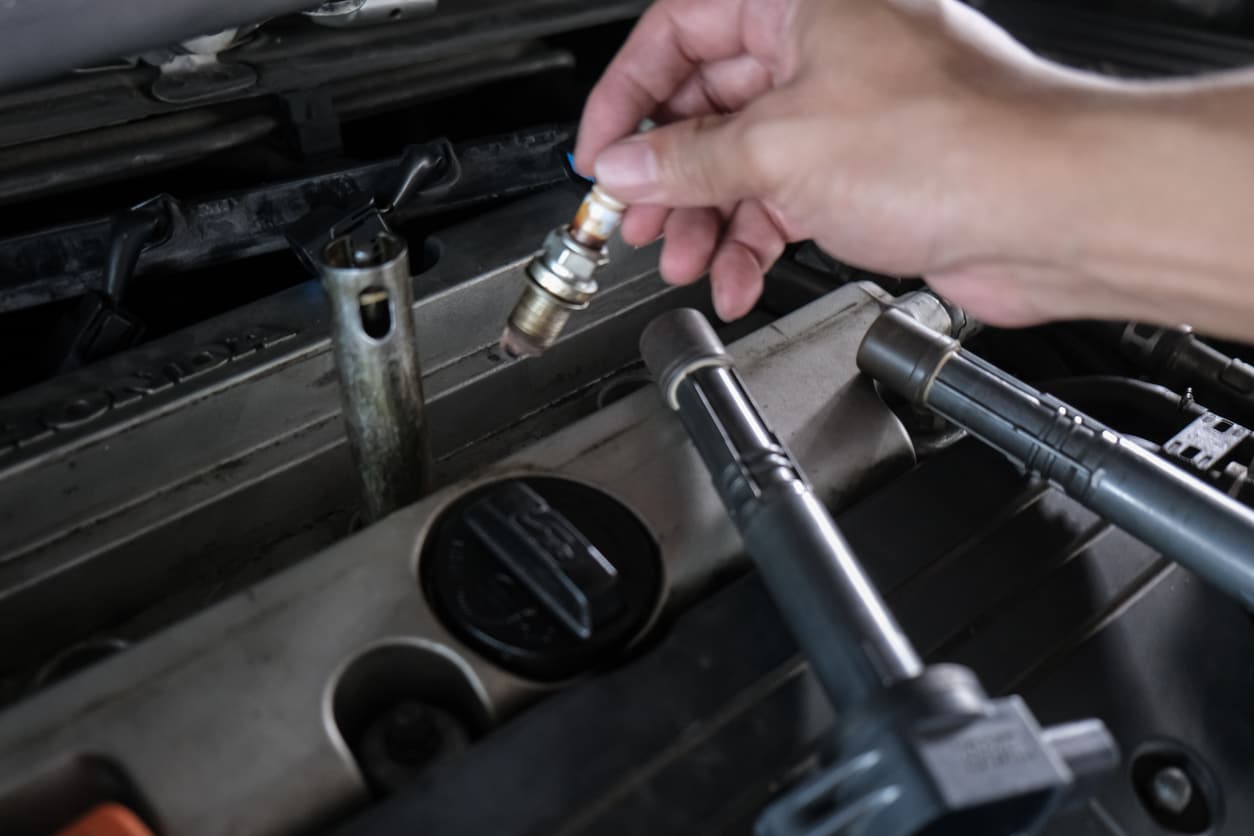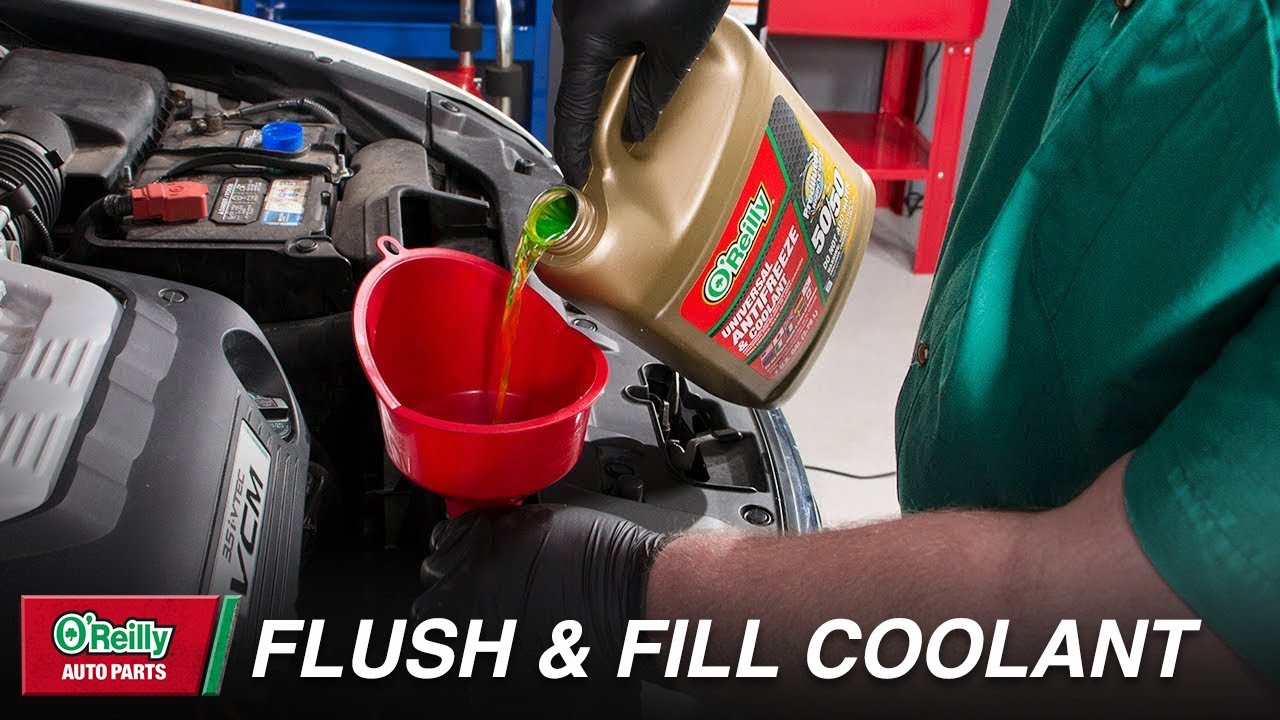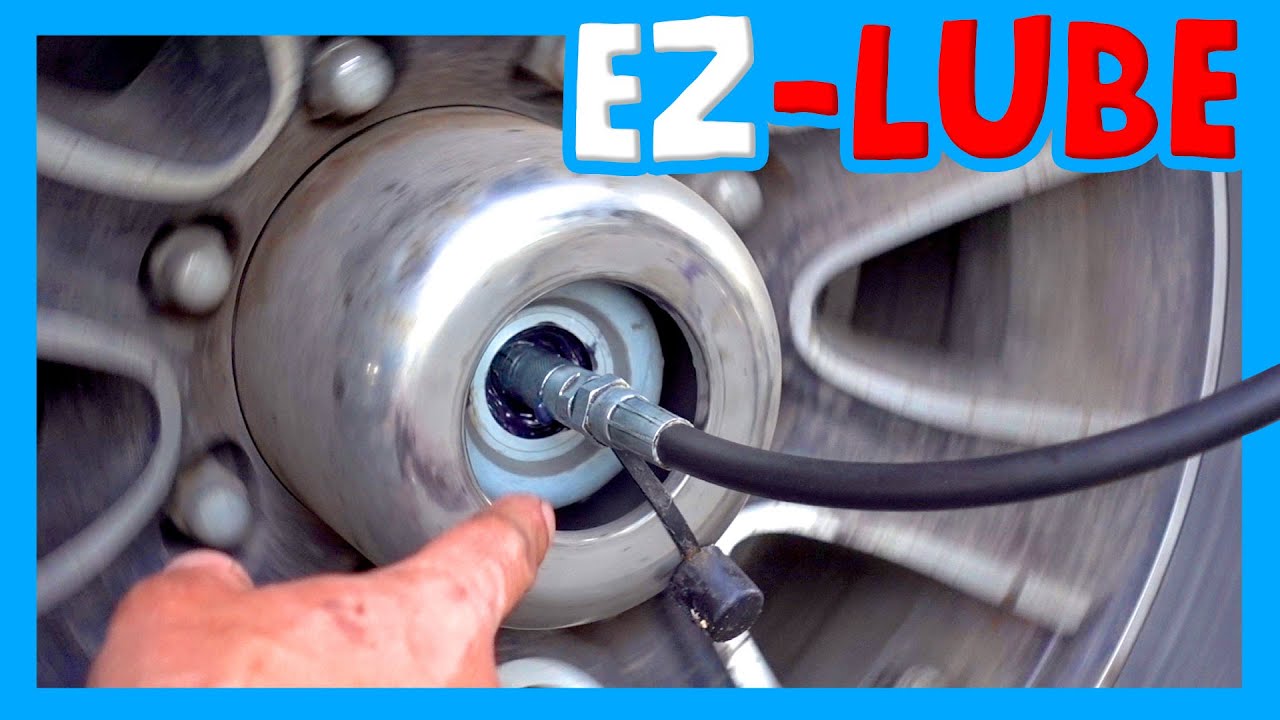Can a Knock Sensor Cause Bad Gas Mileage
Yes, a faulty knock sensor can lead to poor gas mileage. It disrupts the engine’s ability to optimize fuel combustion efficiently.
A knock sensor plays a critical role in your vehicle’s engine management system. Its primary function is to detect engine knock, which is a type of combustion caused by the premature ignition of fuel in the cylinders. When working correctly, the sensor informs the car’s computer to adjust the ignition timing, ensuring optimal engine performance and fuel efficiency.
A malfunctioning knock sensor may fail to signal the need for adjustment, causing the engine to run less smoothly and consume more fuel. This can noticeably decrease your car’s gas mileage. Regular maintenance is essential to catch such issues early, maintaining both vehicle health and fuel economy. Ensuring that your knock sensor is in good working condition is key to achieving the best performance from your car and keeping your fuel costs down.
The Role Of A Knock Sensor In Vehicle Performance
A knock sensor is crucial for your car’s performance. It listens for odd noises, known as engine knock. When your car’s engine “knocks,” it means the fuel and air mix explodes unevenly. Your car’s computer needs to know this. The knock sensor tells it when there’s trouble. A healthy knock sensor keeps the engine safe and efficient. Poor fuel mileage may be a symptom of sensor issues.
Detecting Engine Knock
Your car’s knock sensor acts as an ear. It’s sensitive to the sound of knocking. It sits on your engine and waits. When it hears something wrong, it quickly tells your car’s computer. The computer can then adjust the engine’s timing. This can help stop the knock. It’s like a fast check-up for your engine!
Maintaining Optimal Combustion
- It controls engine timing.
- It stops engine damage.
- It keeps the engine running smoothly.
- It ensures good gas mileage.
For your car to run well, the fuel must burn just right. The knock sensor helps a lot with this. It works with the car’s computer. They join forces to keep the timing perfect. This means your car runs the way it should. Plus, it saves you money on gas!

Credit: www.amazon.com
Symptoms Of A Faulty Knock Sensor
A properly functioning knock sensor is vital for engine efficiency and longevity. When a knock sensor begins to fail, several symptoms can arise, leading to poor gas mileage and potential engine damage. Understanding the signs of a faulty knock sensor ensures timely repairs, maintaining optimal vehicle performance. Here are three telltale symptoms to watch for:
Check Engine Light Activation
The check engine light is a direct signal from your car’s computer that something isn’t right. If this light illuminates, it could be your car’s knock sensor sending out an SOS. An onboard diagnostic (OBD) scanner can confirm a knock sensor code. Don’t ignore this red flag.
Audible Engine Pinging
Engine pinging, or detonation, is a sharp, metallic sound that indicates abnormal combustion. This sound often occurs under acceleration or when the engine is under load. It’s a clear indicator that the engine is knocking and the knock sensor isn’t doing its job to prevent it.
Reduced Engine Performance
When performance takes a hit, your vehicle feels sluggish, and acceleration feels forced. A compromised knock sensor fails to adjust the engine’s timing, leading to noticeable power loss. It may also contribute to higher fuel consumption and rough idling, sapping the joy from your drive and hitting your wallet hard at the fuel pump.
| Warning Sign | What It Means | Possible Impact |
|---|---|---|
| Check Engine Light | Indicates diagnostic trouble codes | Potential sensor malfunction |
| Engine Pinging | Noise from engine under strain | Improper combustion management |
| Reduced Performance | Loss of power and efficiency | Increased fuel consumption |
Spotting these symptoms early can save you from more serious complications. Regular vehicle maintenance and addressing warning signs promptly ensures a smooth journey and keeps your engine happy.
Impact Of A Malfunctioning Knock Sensor On Fuel Efficiency
Impact of a Malfunctioning Knock Sensor on Fuel Efficiency
A vehicle’s knock sensor plays a vital role in ensuring optimal fuel efficiency. This sensor detects pre-detonation or “knocking” in the engine, which can lead to damage and inefficient fuel consumption. A malfunctioning knock sensor can cause a cascade of engine issues that ultimately decrease gas mileage.
Erratic Ignition Timing
A faulty knock sensor disrupts precise ignition timing.
This can lead to the engine firing at the wrong time, wasting fuel. Poor ignition timing prevents the engine from running smoothly. This results in increased fuel consumption.
Poor Fuel-to-air Ratio
The engine’s computer uses data from the knock sensor to adjust the fuel-to-air mixture. A bad sensor sends incorrect information, causing rich or lean mixes. A rich mixture has too much fuel, while a lean mix has too little. Both scenarios hurt fuel efficiency.
Decreased Mileage
When the knock sensor fails, your car might use more fuel. Less miles per gallon means decreased mileage. This impacts your wallet with more frequent trips to the gas station.
| Knock Sensor Function | Impact on Fuel Efficiency |
|---|---|
| Monitors pre-detonation | Ensures optimal engine performance and fuel economy |
| Faulty sensor feedback | Leads to improper fuel mixture and poor ignition timing |
| Result of sensor failure | Decreased gas mileage and potential engine damage |

Credit: www.youtube.com
Diagnosing Knock Sensor Issues
Understanding how a faulty knock sensor affects fuel economy is crucial for maintaining your vehicle’s performance. Bad gas mileage might be a symptom of knock sensor problems. Effective diagnosis can save time and money. Let’s delve into the diagnostic methods.
Error Codes And Diagnostics
To begin diagnosing knock sensor issues, start with a diagnostic scan tool. Modern vehicles have onboard computers that log error codes when problems occur. These codes assist in pinpointing issues.
- Connect a scanner to the vehicle’s OBD-II port.
- Read the diagnostic trouble codes (DTCs) stored in the system.
- Look for codes such as P0325 or P0330 that specifically indicate knock sensor malfunctions.
Physical Inspection Techniques
After checking for error codes, physical inspection of the knock sensor is the next step. This ensures the sensor’s integrity and detects any possible damage.
- Locate the knock sensor on your engine. It is usually mounted on the engine block.
- Check for signs of wear, corrosion, or damage.
- Inspect wiring connections for security and cleanliness.
- Use a multimeter to test the knock sensor’s resistance and voltage.
A problem with the knock sensor may trigger poor fuel efficiency. Quick detection and repair can restore optimal performance. Make sure to consult your vehicle’s service manual for specific procedures.
Fixing The Problem: Knock Sensor Replacement And Beyond
A faulty knock sensor can sabotage your vehicle’s fuel economy. It hinders the engine’s capability to adjust to fuel combustion, causing it to consume more gas. Let’s explore how addressing knock sensor issues can improve your mileage and keep your engine in top condition.
Steps For Replacing A Knock Sensor
- Locate the knock sensor: Typically, it’s mounted on the engine block.
- Disconnect the battery: Prevent electrical hazards by removing the negative terminal.
- Remove the sensor: Take off any wiring harnesses and unscrew the faulty sensor.
- Install the new sensor: Securely fasten the new knock sensor in place.
- Reconnect wiring: Attach any wiring harnesses back to the new sensor.
- Test the installation: Reconnect the battery and start the engine to ensure proper functionality.
Tuning For Enhanced Mileage
Post-replacement tuning optimizes engine performance. A quality OBD-II scanner reads engine codes to confirm the knock sensor operates correctly. Proper tuning ensures the air-fuel mixture burns efficiently, which can boost your mileage.
Long-term Maintenance Tips
- Regularly check the knock sensor for potential issues.
- Stay on top of engine maintenance: Change oil and filters as recommended.
- Use quality fuel: Higher octane levels maintain sensor and engine health.
- Keep an eye on fuel economy: Note any changes and address them immediately.

Credit: www.nissanclub.com
Prevention: Ensuring Knock Sensor Health
Your vehicle’s performance hinges on the health of its components, with the knock sensor playing a pivotal role. This sensor keeps tabs on your engine’s rhythm to prevent damage and inefficiency. Bad gas mileage can often hint at a troubled knock sensor.
Routine Maintenance Schedule
Sticking to a regular maintenance schedule assures sensor integrity. Mechanics spot early signs of wear during these check-ups. A well-maintained knock sensor optimizes fuel combustion, thus improving mileage.
- Check knock sensor function during tune-ups
- Replace knock sensors as recommended by your vehicle’s manufacturer
- Regularly service related engine parts
Quality Fuel And Additives
Fueling with high-quality gasoline guards sensor performance. Certain fuels contain detergents that clean the engine and sensors. Additives can offer extra protection by preventing carbon buildup.
| Fuel Type | Benefits |
|---|---|
| Premium Gasoline | Cleanses engine, reduces knock |
| Fuel Additives | Prevents deposits, protects sensors |
Awareness Of Symptoms
Knowing signs of knock sensor issues triggers timely repairs. Look out for unusual engine noises or spikes in fuel consumption. Early detection prevents escalation and secures mileage efficiency.
- Listen for pinging or knocking sounds from the engine
- Monitor fuel usage for sudden increases
- Pay attention to engine performance and power output
Frequently Asked Questions For Can A Knock Sensor Cause Bad Gas Mileage
How Does A Knock Sensor Affect Fuel Economy?
A malfunctioning knock sensor can lead to poor fuel economy. It fails to regulate the engine’s combustion process, causing inefficient fuel use and a decrease in miles per gallon.
Can Replacing A Knock Sensor Improve Gas Mileage?
Yes, replacing a faulty knock sensor can improve gas mileage. It restores proper engine timing and combustion, leading to more efficient fuel use and better overall performance.
What Are Symptoms Of A Bad Knock Sensor?
Symptoms of a bad knock sensor include poor acceleration, engine pinging, increased emissions, and reduced fuel efficiency. The check engine light may also illuminate.
Will A Bad Knock Sensor Trigger Check Engine Light?
A bad knock sensor can trigger the check engine light. It signals the onboard diagnostics system that there is an issue with the engine’s detonation control.
Conclusion
Understanding the role of a knock sensor is crucial for vehicle maintenance. Poor gas mileage can often stem from a faulty sensor, impacting combustion efficiency. Regular check-ups can prevent such issues, ensuring optimal fuel economy. Keep an eye on your knock sensor to maintain steady gas mileage.
Remember, a small fix today can mean significant savings tomorrow.




